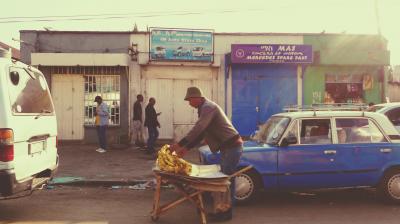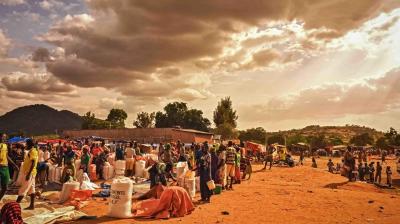A clash of nationalisms and the remaking of the Ethiopian State
In the first elections following the loss of power by the Tigray People’s Liberation Front (TPLF), Abiy Ahmed’s Prosperity Party (PP) won a landslide victory ushering in a new stage in Ethiopia’s political transition. Yet ethnic tensions are rising, as are: media censorship, the arrest of opposition politicians, political purges across state institutions, and civil war spilling from Tigray region. This report explores the major organisational and structural changes occurring in Ethiopia’s state and parastatal organisations, in order to understand the political economic changes shaping Ethiopia’s highly contested transition. It traces changes in the cabinet, the security sector, and the economic sector. The main conclusions are that politically Abiy’s administration is attempting to move away from ethno-nationalism by (re)introducing pan-Ethiopian nationalism, although ethno-nationalism remains salient and ethnically defined federal states remain. Economically the administration is attempting to shift control over the economy from the party to the state. However, challenges remain as conflict with the now-marginalized TPLF has resulted in a civil war destabilising significant parts of the country and leading to vast numbers of casualties. Meanwhile, ethno-nationalist sentiments remain highly salient, especially within the ethnically defined federal states, at times in opposition to the PP’s multi-ethnic set-up. Additionally, an economic downturn and dwindling foreign currency reserves threaten continued economic growth and job creation, a key legitimating factor under the PP platform. The report thus concludes that policymakers engaging with the region will have to develop a new modus operandi to engage with Ethiopia, reevaluate their regional security and development strategies, and carefully consider the humanitarian implications of economic measures used to pressure the Ethiopian government on the Tigray war.
Read online report.







